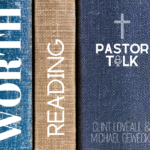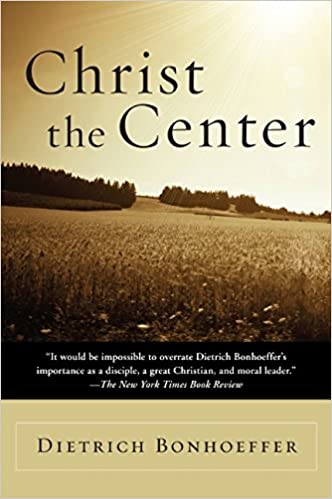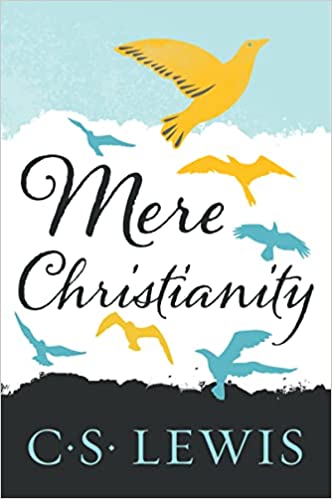If you have been waiting for a recommendation that digs a little deeper and goes further theologically, today the Pastors break out a couple of the most influential modern theological books in their libraries. Today, they discuss Dietrich Bonhoeffer’s book Christ the Center, C.S. Lewis’ book Mere Christianity and Hauerwas & Willimon’s book Resident Aliens.
Books featured in this episode:*
Feel free to share this with anyone who you think might be interested in growing deeper in their faith and Christian discipleship.

Pastor Talk Quick Links:
- Learn more about the Pastor Talk series and view our previous studies at https://pastortalk.co
- Subscribe to get the Pastor Talk episodes via podcast, email and much more! https://pastortalk.co#subscribe
- Questions or ideas? Connect with us! https://pastortalk.co#connect
- Interested in joining us for worship on Sunday at 8:50am? Join us at https://fpcspiritlake.org/stream
*FYI, if you purchase the books through these links, First Presbyterian Church will receive a small commission from Amazon.




